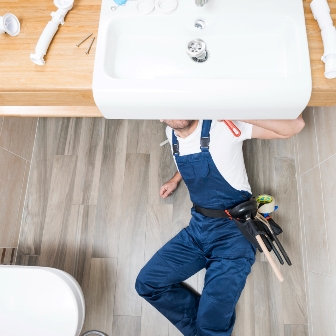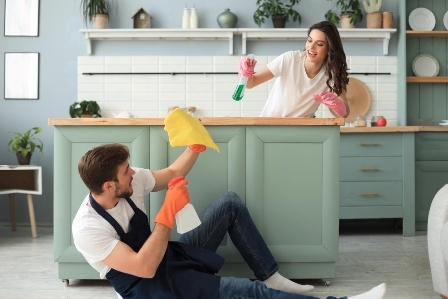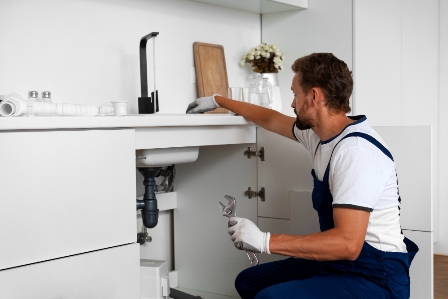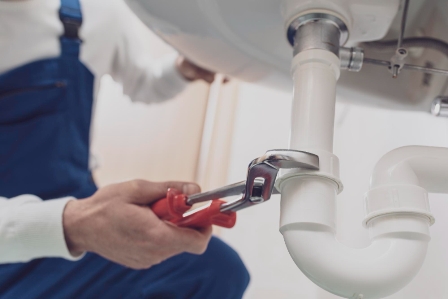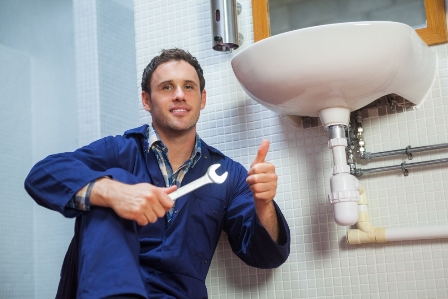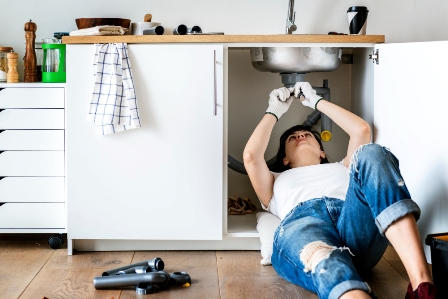Plumbing mastery is an essential skill that often goes unnoticed until an issue arises. From the faucets that deliver our morning showers to the pipes that carry away wastewater, plumbing is an integral part of our daily lives. In this comprehensive guide, we will dive deep into the world of plumbing mastery, offering valuable tips, tricks, and insights into this often-overlooked trade.
The Basics of Plumbing
At its core, plumbing involves the installation and maintenance of systems that ensure the proper flow of water and disposal of waste. Whether in a residential home or a commercial building, understanding the basics of plumbing is crucial for preventing and addressing issues.
Essential Tools for Plumbing Mastery
No plumber can work effectively without the right tools. From wrenches and pliers to pipe cutters and augers, having a well-equipped toolbox is paramount for success in the plumbing field. Quality tools not only enhance efficiency but also contribute to the precision required in plumbing tasks.
Common Plumbing Issues
Leaky faucets, clogged drains, and running toilets are common plumbing issues that homeowners often face. We’ll explore how to identify and address these problems, providing DIY solutions for minor plumbing hiccups.
Advanced Techniques in Plumbing
For those looking to elevate their plumbing skills, advanced techniques come into play. Ongoing education and training are crucial for staying ahead in the ever-evolving field of plumbing.
The Impact of Technology on Plumbing
The plumbing industry has not been immune to technological advancements. Smart systems, leak detection devices, and other innovations are changing the way plumbing systems operate. We’ll delve into the impact of technology on the plumbing landscape.
Sustainable Plumbing Practices
In an era where environmental sustainability is a top priority, plumbing practices play a role. We’ll discuss eco-friendly plumbing solutions and how individuals can contribute to a greener future through their plumbing choices.
Trends in Plumbing Design
Plumbing is not just about functionality; it’s also about aesthetics. We’ll explore contemporary plumbing design trends, striking a balance between practicality and visual appeal.
Choosing the Right Plumbing Fixtures
Selecting the right plumbing fixtures is crucial for both form and function. We’ll provide considerations and tips for choosing fixtures that enhance the overall look and efficiency of a plumbing system.
The Business of Plumbing
For those considering a career in plumbing, understanding the industry is key. We’ll provide an overview of the plumbing business, highlighting opportunities for entrepreneurs in this essential field.
Ensuring Plumbing Safety
Safety is paramount in any trade, and plumbing is no exception. We’ll discuss the importance of adhering to safety regulations and share tips for maintaining a secure plumbing environment.
Customer Service in Plumbing
Beyond technical skills, excellent customer service is a hallmark of a successful plumber. Building a positive reputation through positive client interactions is essential for long-term success.
Plumbing Maintenance Tips
Regular maintenance is the key to preventing major plumbing issues. We’ll outline routine maintenance tasks and offer preventive measures to help readers avoid costly plumbing problems.
Challenges in the Plumbing Industry
The plumbing industry, like any other, faces challenges. From competition to changing regulations, we’ll address common obstacles and provide strategies for overcoming them.
FAQs
To fix a leaking faucet, start by turning off the water supply, disassembling the faucet, and replacing the worn-out parts. If you’re unsure, consult online tutorials or consider hiring a professional plumber.
Eco-friendly plumbing practices include installing low-flow fixtures, using water-efficient appliances, and fixing leaks promptly. These practices not only conserve water but also contribute to environmental sustainability.
Regular plumbing maintenance is advisable at least once a year. This includes checking for leaks, inspecting pipes, and ensuring the proper functioning of fixtures. Early detection can prevent major issues.
Becoming a professional plumber often requires completing an apprenticeship, obtaining relevant certifications, and gaining practical experience. Check with local trade schools or plumbing organizations for specific requirements in your area.
Technology has revolutionized the plumbing industry through innovations like smart systems, leak detection devices, and advanced materials. These advancements enhance efficiency, reduce water waste, and contribute to overall sustainability.
Conclusion
Plumbing mastery is a multifaceted skill set that goes beyond fixing leaks and unclogging drains. From the basics of plumbing to advanced techniques, staying informed on the latest trends and technologies is essential for success in this dynamic field. As you dive into the world of plumbing mastery, remember that every faucet you fix and every pipe you install contributes to the seamless functioning of homes and businesses alike.

